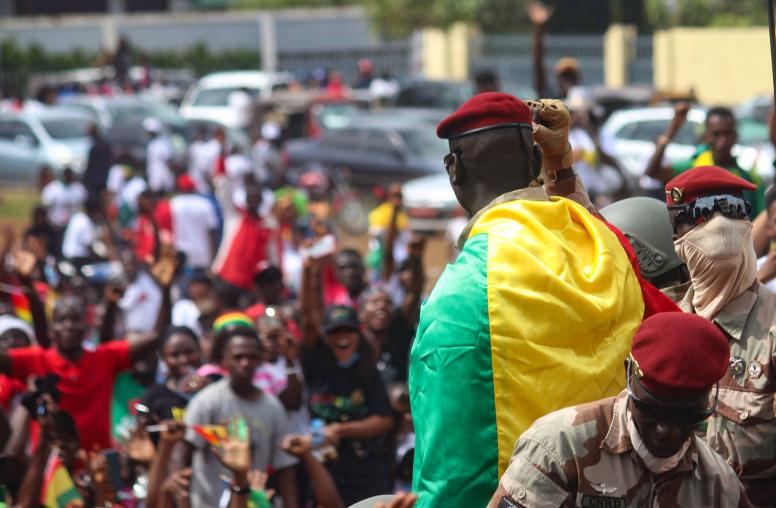Nearly 282 million people faced acute hunger in 2023. Meanwhile, climate change threatens to disrupt agriculture and worsen already-dire global food crises. Amid such widespread instability, the need for agricultural solutions to rebuild communities has never been more urgent. USIP recently hosted conversations on how food systems are increasingly viewed as a critical lever for peace — and how agricultural development can be a transformative force in conflict-affected regions.
Keynote: Ambassador Kenneth M. Quinn
Ambassador Kenneth M. Quinn reflects on how de-mining, rebuilding roads and distributing seeds for farming in rural parts of Cambodia proved to be as effective — if not more effective — at combatting the Khmer Rouge’s stranglehold on the country as boots on the ground would have been.
Panel 1: Food Security, Climate and Conflict
Food insecurity is a threat-multiplier that can exacerbate political instability, inequality and unrest. This discussion looks at how building peace in regions affected by conflict requires increasing societies’ resilience to climate shocks so that resource scarcity doesn’t feed into violence, and vice versa.
Panel 2: How Agriculture Contributes to Peace
Conflict has become the major driver of food insecurity worldwide as violence disrupts agriculture and isolates affected communities. This conversation explores why it’s important to still support and protect farmers during conflict, so that when peace comes, society is not starting from scratch in meeting its food security needs.
Fireside Chat: Heidi Kühn
In this fireside chat, Heidi Kühn discusses her inspiration for starting Roots of Peace and the organization’s work turning former minefields around the world into usable farmland that can support sustainable economic development and peace.



